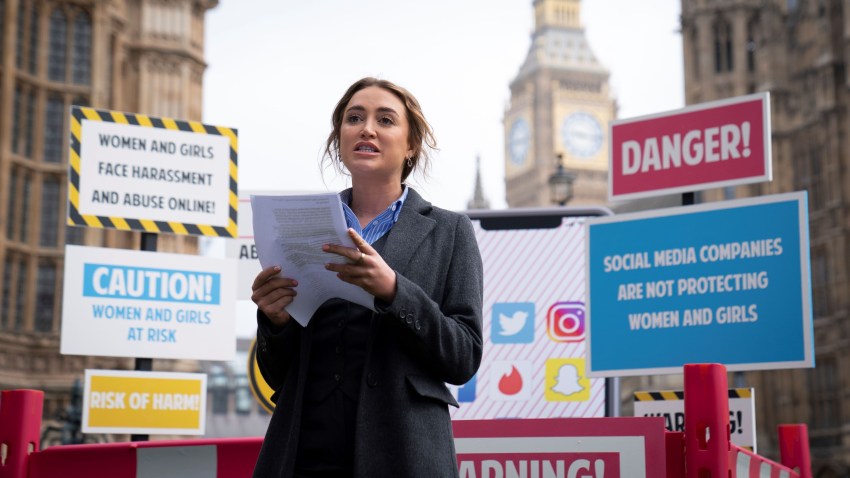At last month’s annual session of the United Nations Commission on the Status of Women, or CSW, the gathering’s priority theme was achieving gender equality and empowerment of all women and girls through education, innovation and technological change in the digital age. While making both public and private spaces safer for women and girls has been one of the long-running goals of the CSW, it has historically focused on doing so in physical spaces. But as the emphasis on the digital age at this year’s CSW session makes clear, its mission must expand to include harm and gendered violence that takes place online.
Given the increasing prominence of personalities like Andrew Tate—a controversial and misogynist British-American influencer—and increasing frequency of misogynist violence both online and offline, tackling gender-based violence as part of a broader effort to improve equality and equity online for women and girls could not be more urgent. One of the key challenges in doing so is the proliferation of misogynist rhetoric directed toward young men via social media platforms’ content curation and recommendation algorithms. This online misogyny is now so widespread that it has become its own digital realm: the so-called manosphere.
The manosphere refers to the large network of online spaces, including blogs, forums and websites, where men’s support groups of varying ideologies coalesce. While the range of ideologies and objectives pursued by these groups vary, misogyny, opposition to feminism and the discussion and promotion of toxic masculinities are common denominators. One of the most well-known of the groups is the “incel,” or involuntarily celibate, community, which typically comprises men who blame their lack of sexual experience and romantic fulfillment on women. Many incels are frequent perpetrators of online harassment and abuse toward women, and they congregate regularly in online forums where they share their misogynist beliefs, hatred for women and male-supremacist ideas.

